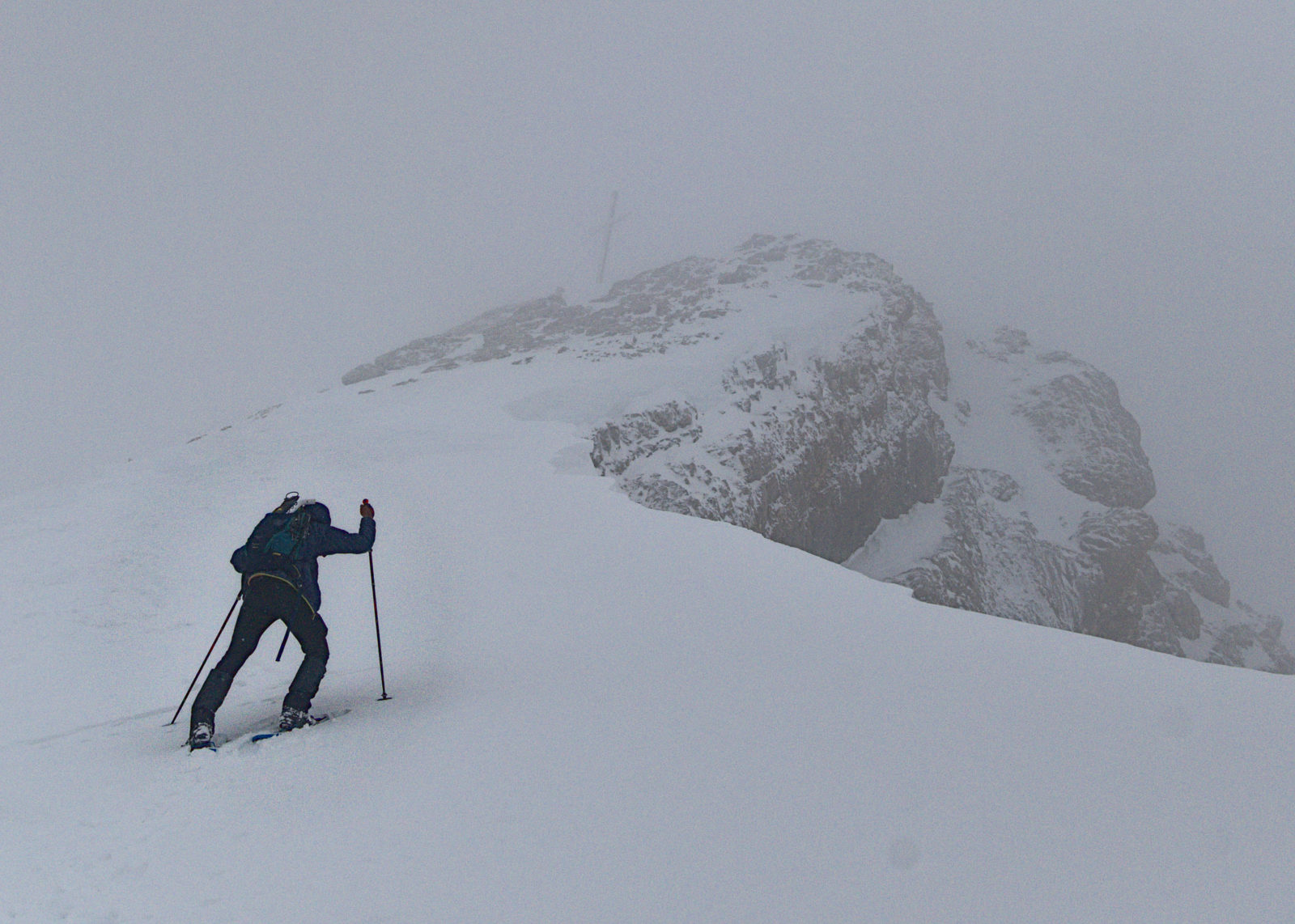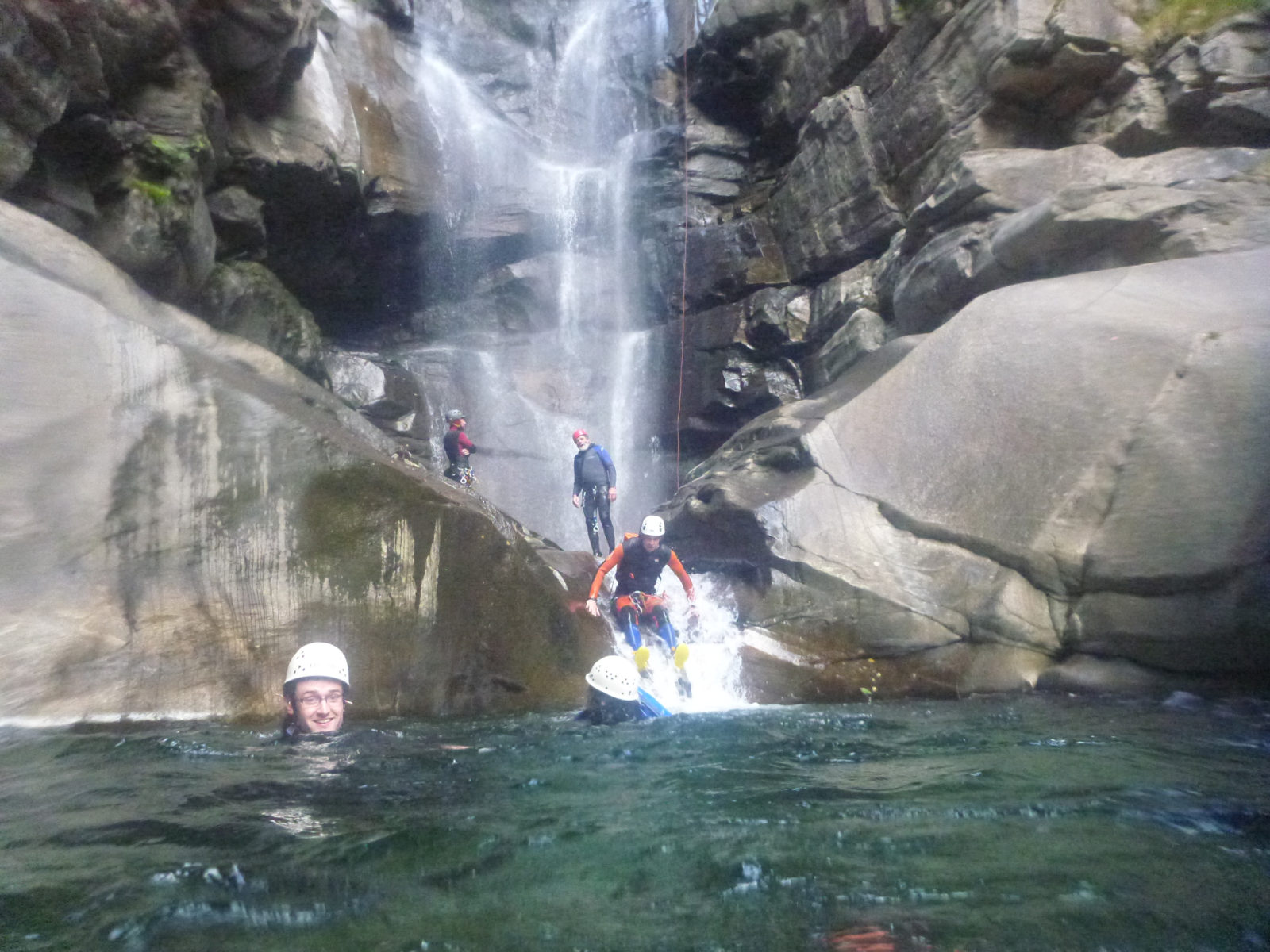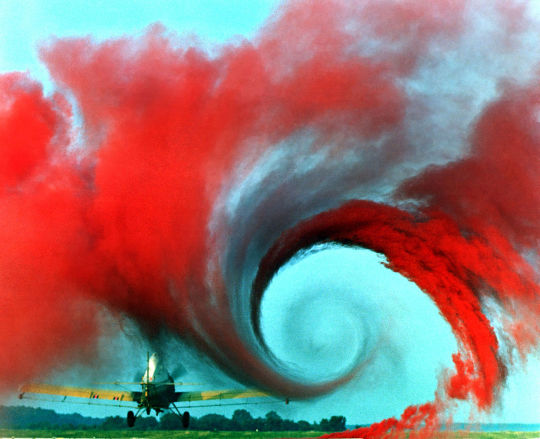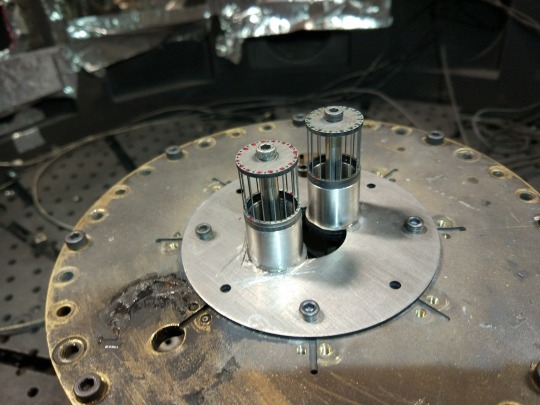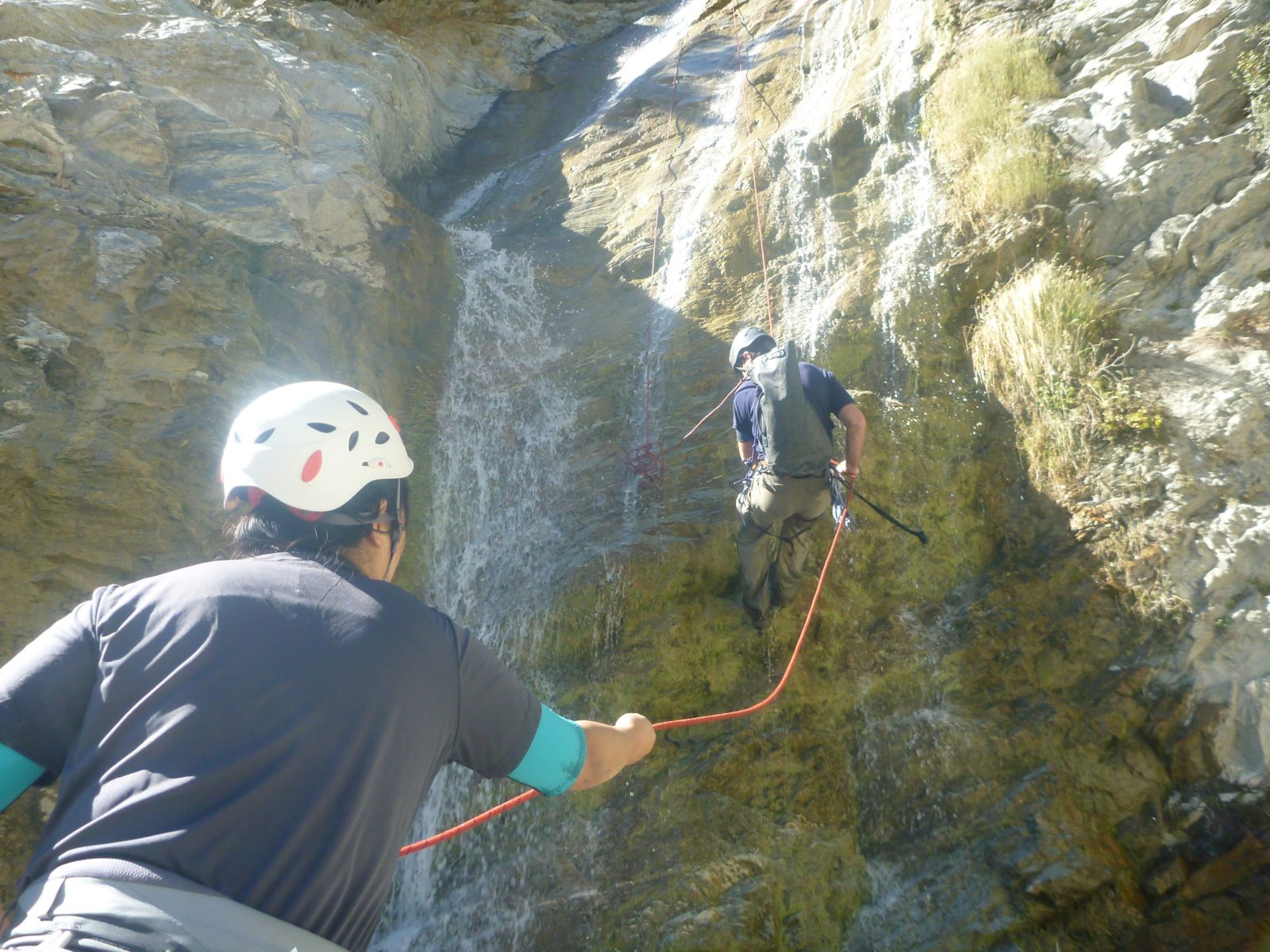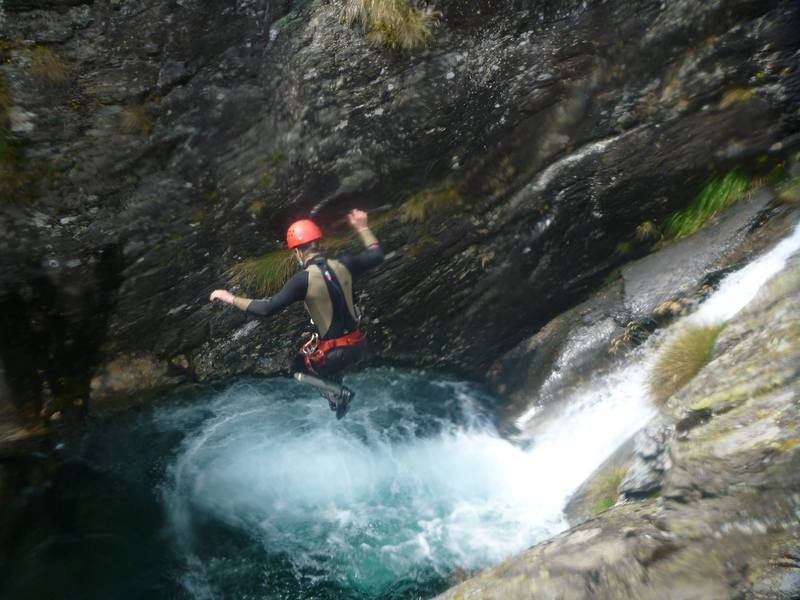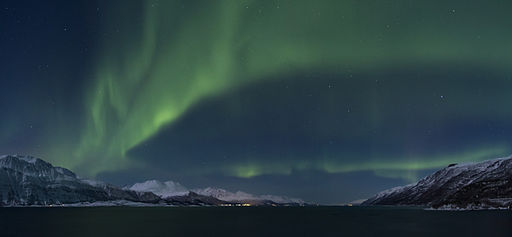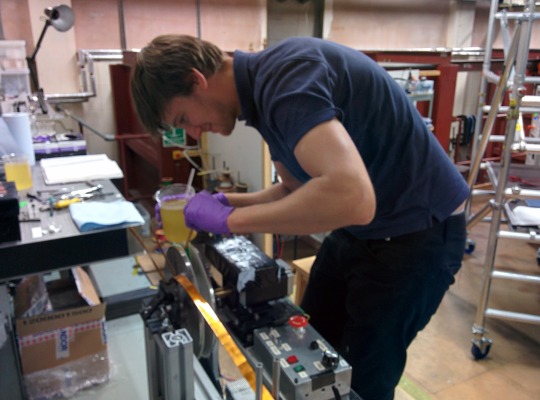After six days living in Munich, I needed a hike. I met up with Jerome from Munich Hiking Buddies and we took the train south to Scharnitz (900 m), just inside Austria. We set off along the road, before taking an icy track up towards the Plesinhutte. Almost immediately we needed snowshoes, as the snow was soft, and we wound our way up through the forest, dodging sledgers along the way. Soon we were at the Pleisenhütte at the treeline, and we popped in to ask for advice. No problem, declared the owner, and we saw others also heading up and felt more confident.
A return to Ticino, the Italian-speaking southern part of Switzerland and a self-proclaimed ‘Eldorado’ of canyoning! Four years ago a novice team of inexperienced canyoners first got their feet (and the rest of their bodies) wet in these gorgeous gorges, and this year we returned: battle hardened, grizzled and with much, much thicker wetsuits.
My last blog post focused on new hardware for magnetic reconnection experiments. Since then, I’ve published two new papers using this hardware, as well as an improved version which allows us to study reconnection whilst varying the plasma density and magnetic field strength.
Since handing in my PHD thesis in March, I’ve been working as a Research Assistant (Post Doc) in MAGPIE. At first I was helping out others with their experiments and getting back into the flow of things, but yesterday I had the chance to try out some new hardware I’d made to do magnetic reconnection experiments.
Some thoughts on how to write a PhD thesis, from someone who just finished doing so.
A trip to a rather drier canyoning area: Death Valley! Followed by some wetter trips in the San Gabriels north of LA
A canyoning trip to north west Italy, featuring lots of fondue, a minor flash flood and some rather excellent canyons.
The Aurora is one of the most beautiful phenomena in the solar system, and it is intrinsically linked to an elegant and ubiquitous process called Magnetic Reconnection.
My colleague Guy Burdiak has been working on making magnets for MAGPIE since I arrived at Imperial College, and yesterday I had a chance to help him out with the final winding process.
Experiments on MAGPIE are expensive in terms of time and equipment – at best we can achieve one experiment a…
